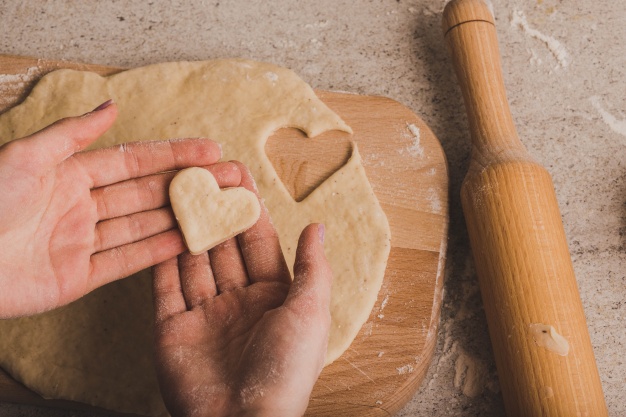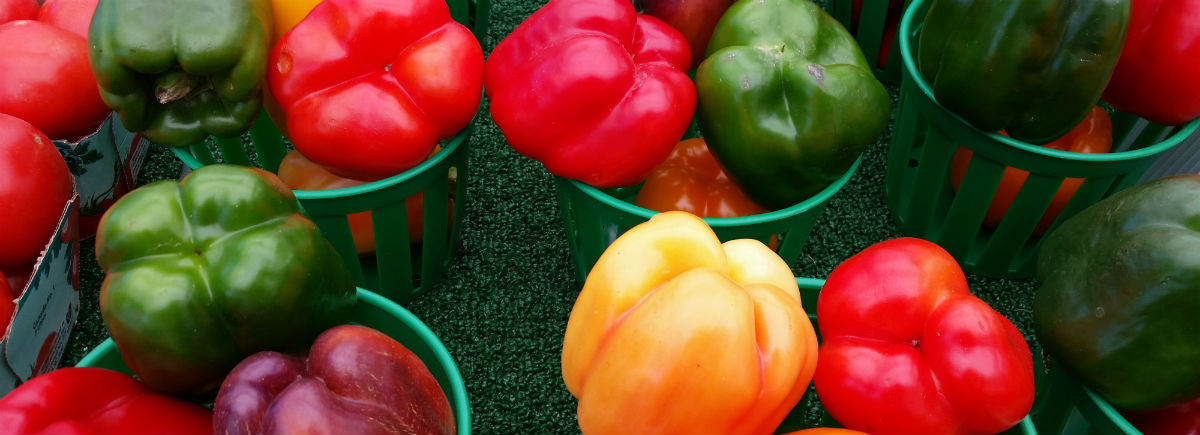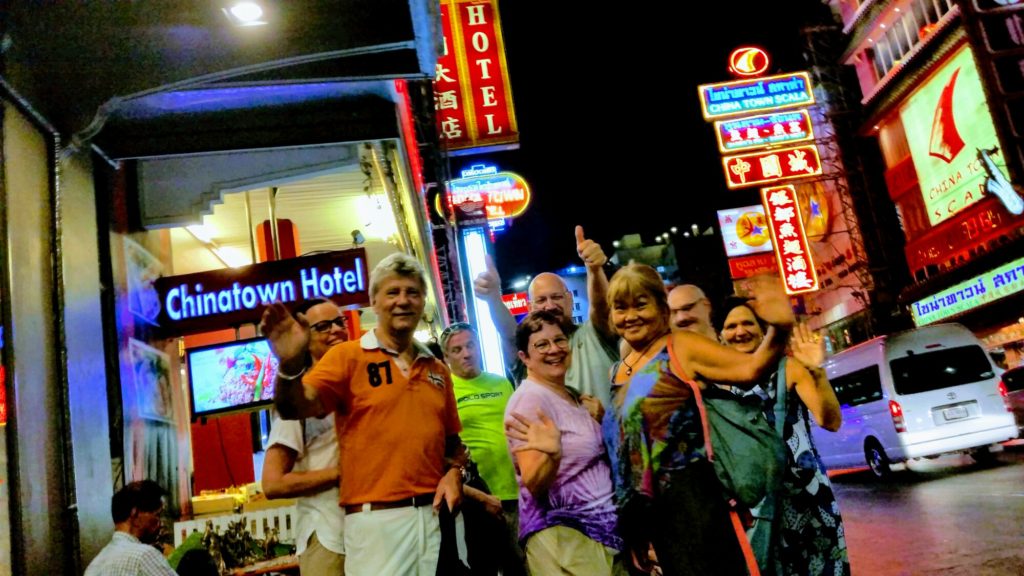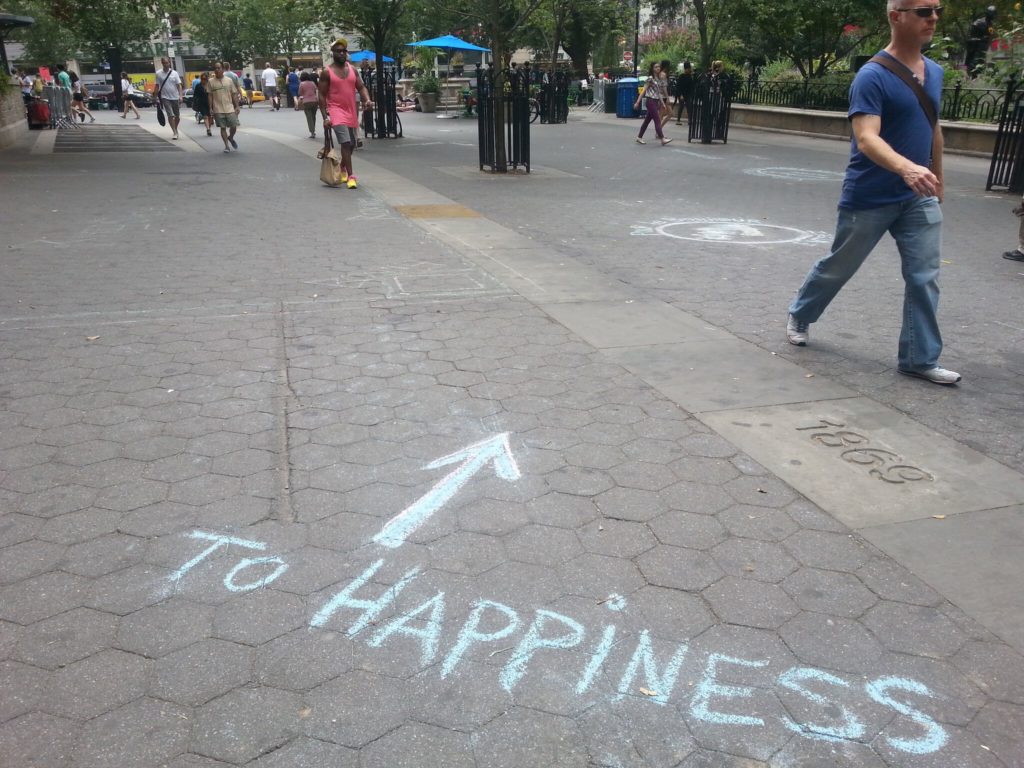
My mother always stocked our fridge with kielbasa and pirogies from the Eastern European delis near where we lived in Toronto.
One particular day when I was about five, I went along with her to the deli. I wanted to be near the hustle and bustle of older, hefty women speaking languages that were not English.
My mother entered the deli and there was a small crowd gathered around a plate of cookies that the manager had proudly put out to encourage tasters. She was excited, especially by free samples, and put her hand out to grab one.
The manager said loudly, “Not for you!”
All the women looked at her.
My mother pulled her hand back, put her head down, grabbed my hand, and walked quickly out of the store.
I’m sure the store manager and women in the store that day have long forgotten that incident.
It wasn’t important for them.
But I have never forgotten it, and I don’t think my mother did either.
She went back to the car with me and didn’t say anything, but I saw her face and body shaken up and deeply hurt.
I felt this in my heart.
I didn’t understand why those women were so mean to her.
Over time, as I got older, I understood their prejudice.
I’ve felt it countless times since then, of course, but that was the pivotal moment when I first intuited how words can wound someone deeply.
These kinds of memories are not forgotten, but are like prints on our soul; they are our rites of passage, forming us in more ways than we know.
When I was a child, everything looked so easy and sweet, but there were moments that, like this one, yanked me out of that sweetness.
Without uttering a word, those women in the deli made me begin to question whether I was the same as other people.
As a chef, I often felt phony.
The people I surrounded myself with, for the most part, told me that to be a chef I needed to speak with certainty and authority, have years of experience and act like a man.
I resisted, I was defensive, and I was hurt.
Now I know why: I didn’t trust the process or myself, instead listening to critical voices inside and outside.
I was passionate about doing things in a new way — a way that was more humane and collaborative than most brutal kitchen environments — but I was also a newcomer to back of the house stereotypes and was insecure about my role.
No matter how many people praised my work or how many chef medals I got, I only listened to those who were critical because their voices resonated with my inner voice.
It was a match.
It’s like the game Concentration, which I played when I was a kid. You had to guess which card went with another. I had all the cards before me, so many options to choose from, and I would hone in on one negative, critical, judgmental, and closed card.
My questioning, and my constantly intuiting that I was somehow different or less than others, gave me an inferiority complex.
Creating food from kindness and love that everyone could eat was important to me at my restaurant.
I was feeding that little girl who remembers.
I was reversing the mean-spirited actions against my mother who died long ago.
Food is love.
♥♥♥
This is an excerpt from The Accidental Chef, with taste memories and recipes from my life in and out of the kitchen.
Also published on Medium.






0 Comments